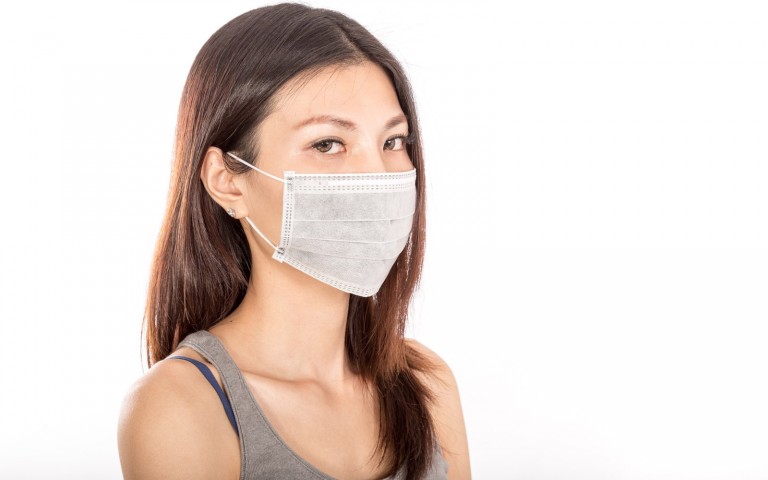
Photo: Kenny Paul
Despite the name and the fact that most cases before June 2015 were from the Arabian Peninsula, Middle East Respiratory Syndrome (MERS) can strike anywhere. Like the illness SARS which caused a global panic in 2003, and also the flu, MERS affects the respiratory system. Scientists are still working on fully understanding MERS, which first emerged in 2012. Knowing the symptoms and how it spreads may help you in reducing your risk of catching this deadly illness.
What is known about MERS?
We know that MERS is caused by a type of virus called coronavirus. There are many variants of coronavirus, which often infect the respiratory system (breathing passage and lungs). A lot of common colds are caused by coronavirus variants, and so is SARS, so the illnesses can range from mild and uncomfortable to deadly. At the moment, MERS falls in the deadly category, since according to the US Centers for Disease Control (CDC), around 3-4 people in every 10 who have had MERS have died.
Experts suspect that individuals with other health issues such as diabetes, cancer, or lung, heart and kidney disease, or a weak immune system, are more susceptible to the virus. Those MERS sufferers with no symptoms or mild ones usually recovered fully from the disease.
Symptoms
People with MERS have fever, cough and shortness of breath. Diarrhoea, nausea and vomiting are also symptoms that may occur.
MERS patients can experience more serious complications due to the disease, including pneumonia (an infection deeper inside the lungs) or kidney failure (the kidneys don’t adequately clean the blood). This can lead to death.
The incubation period (time between getting the virus and showing symptoms) is thought generally to be five or six days. However, it can also take as little as two days or as long as two weeks for symptoms to show.
Treatment
There are no medications that work against MERS specifically. The aim of the initial treatment would be to relieve the symptoms, and for severe illness it would be to support the vital organs.
Prevention
The disease is thought to spread from person to person through coughing, the same way as other respiratory illnesses. People at risk include those who are caring for someone who already has MERS. People who are ill need to cover their mouths to protect others and prevent spreading the virus.
People are advised to follow general hygiene measures similar to those in order prevent a cold or flu:
- Regular and thorough hand washing;
- Using hand sanitizer where soap is not available;
- Avoid touching your eyes, nose and mouth with unwashed hands;
- Avoid personal contact, such as kissing, or sharing cups or eating utensils, with sick people;
- Clean and disinfect frequently touched surfaces and objects, such as doorknobs;
If you or someone close is showing the symptoms mentioned above, especially difficulty in breathing, consult a doctor with your concerns as soon as possible.
Please like FamiLife’s page on Facebook so that you get all our articles and others may find us.
